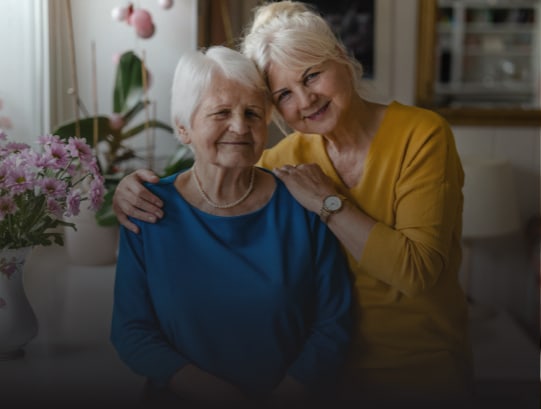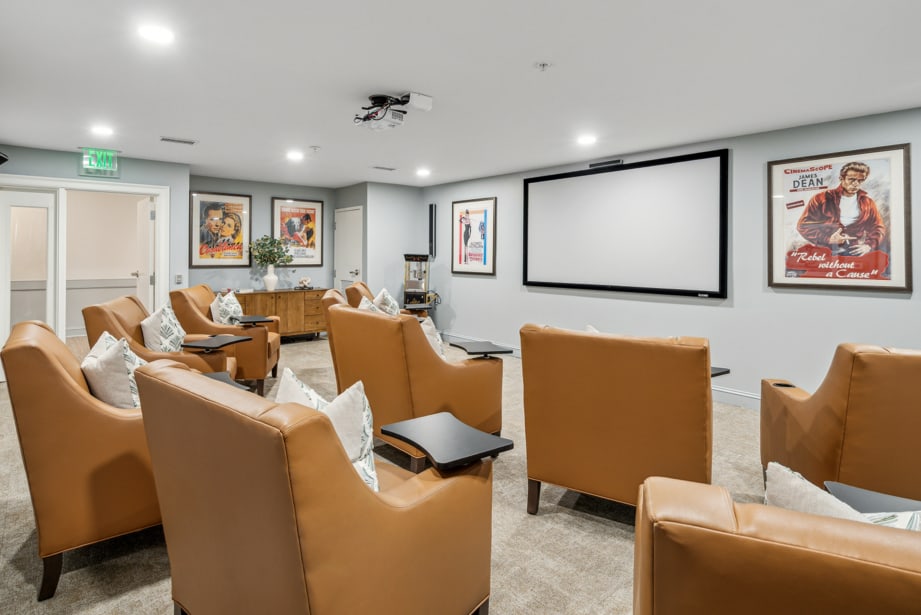Finding the right care for a loved one with cognitive decline is an important task. A few things you can typically expect from a memory care facility include:
- Specially trained caregivers
- A safe and secure environment
- A sense of community and socialization
- Continued connection and involvement with loved ones
While each community may have many similarities, there will always be things that make it unique. So, it’s essential to consider your loved one’s needs and preferences when comparing what a particular community offers.
Understanding Memory Care
Memory care is a specialized form of senior living tailored to individuals experiencing cognitive decline, such as Alzheimer’s or dementia. These communities provide structured activities and environments designed to enhance cognitive function while ensuring safety and comfort for residents. By focusing on the unique needs of seniors with memory loss, memory care communities stand out as a crucial option for families seeking comprehensive support.
Preparing for the Transition to Memory Care
Transitioning a loved one into a memory care community is a significant step. It requires careful consideration and open communication within the family. Before making the move, it’s essential to discuss the process openly with your loved one and other family members. This ensures everyone understands the reasons behind the transition and what it entails.
Logistical preparation is also crucial. Make a checklist of items your loved one will need, including medical documents, personal items, and comfort objects. Visiting the chosen memory care community beforehand allows you to familiarize yourself with the environment, further easing the transition for everyone involved.
Inside a Memory Care Community
A day in the life in a memory care community is structured to provide comfort, engagement, and care.
The Dedicated Team Behind Memory Care
The staff within a memory care community is integral to providing quality care. Each team member is typically trained in dementia care techniques, ensuring they can effectively address the unique needs of residents. This includes understanding behavioral cues and responding empathetically to residents’ emotions and actions.
Beyond basic care, these communities often offer specialized services. Trained staff monitor health conditions and administer medications. Caregivers can also provide cognitive and physical enrichment programs.
Regular updates and meetings ensure that families are informed about their loved one’s progress and any changes in care plans. This collaboration forms a trusted partnership, ensuring that every aspect of a resident’s life is supported and understood.
Ensuring Safety & Security
Safety is a top priority in memory care communities, which are typically designed to prevent wandering. Secured entrances, exits, and alarm systems help protect residents while maintaining their independence. Staff are also typically trained to handle emergencies. This level of vigilance provides peace of mind to families, knowing their loved ones are in a secure environment.
In addition to physical safety, emotional security is also emphasized. Memory care communities strive to create a home-like atmosphere where residents feel safe and valued. Familiar surroundings and consistent routines help reduce anxiety and confusion, fostering a sense of belonging and comfort.
Fostering Community & Socialization
Socialization plays a pivotal role in memory care. Building a supportive community where residents can connect with peers enhances their emotional well-being. Group activities, such as games, crafts, and outings, promote interaction and camaraderie among residents.
Family visits and involvement in community events also contribute to a vibrant social environment. These interactions help residents maintain strong bonds with loved ones, providing additional emotional support and happiness.
Staying Connected & Involved
Family involvement is crucial in memory care. Regular visits provide comfort and reassurance to residents, reminding them of the love and support that surrounds them. Many communities offer flexible visiting hours, encouraging families to maintain close relationships with their loved ones.
In addition to visits, families can stay connected through technology. Video calls enable face-to-face interactions, bridging distances and keeping relationships strong. Virtual involvement in community events, such as celebrations or milestones, allows families to share in important moments.

Selecting the Right Memory Care Community
Choosing the right memory care community involves thorough research and consideration. Begin by listing the factors most important to your family, such as location, amenities, and the level of medical care provided. Touring multiple communities gives you a firsthand look at daily life and allows you to meet the staff.
During visits, ask questions about staff-to-resident ratios, enrichment programs, and approaches to care. Request references from current residents’ families to gain insights into their experiences. This due diligence helps ensure you select a community aligned with your loved one’s needs and your family’s values.
The Transformative Benefits of Memory Care
Memory care offers numerous benefits that extend beyond basic health and safety. It enriches the lives of seniors by providing a supportive environment focused on their unique needs.Ultimately, memory care communities empower seniors to live with dignity and purpose. They create opportunities for growth, learning, and joy, allowing residents to thrive despite the challenges of cognitive decline. So, call our team at Somerby Mount Pleasant to book a community tour. We’d love to show you and your loved one the community and life one can expect in our community.










